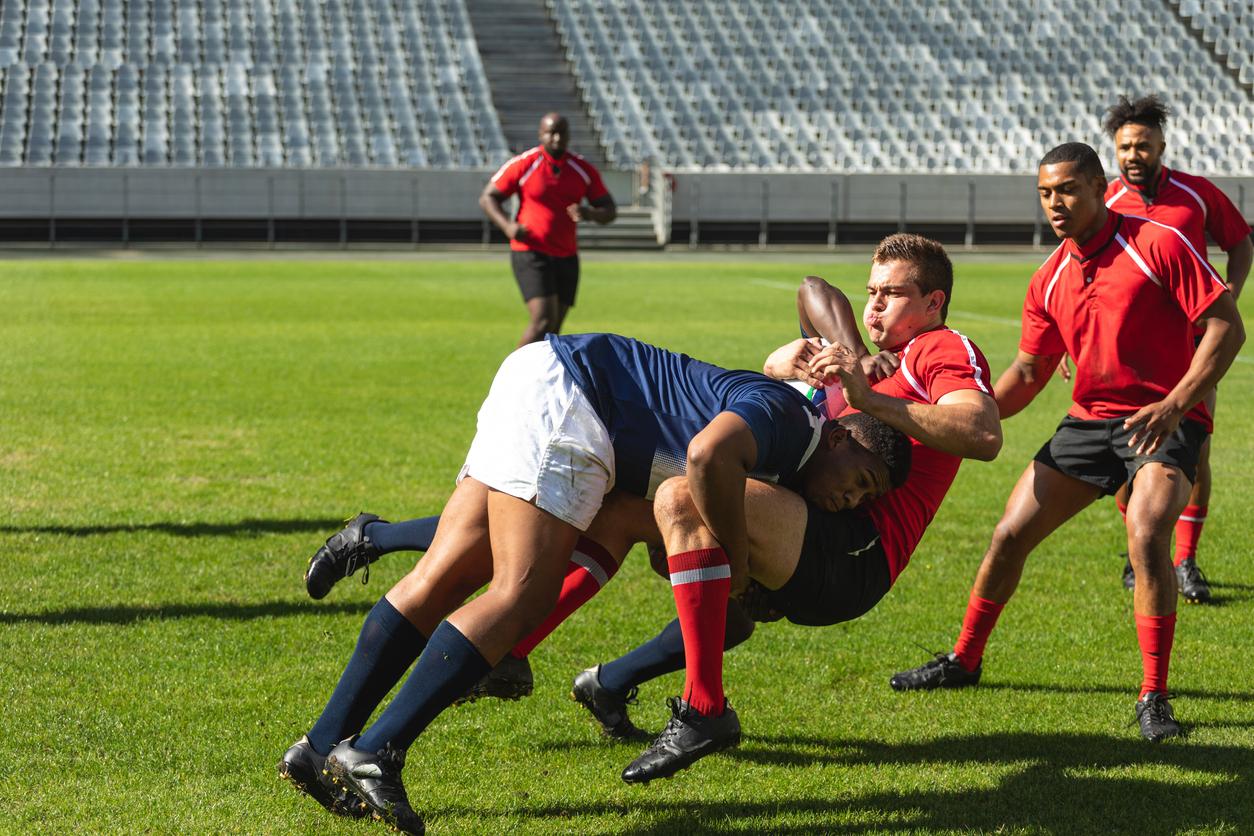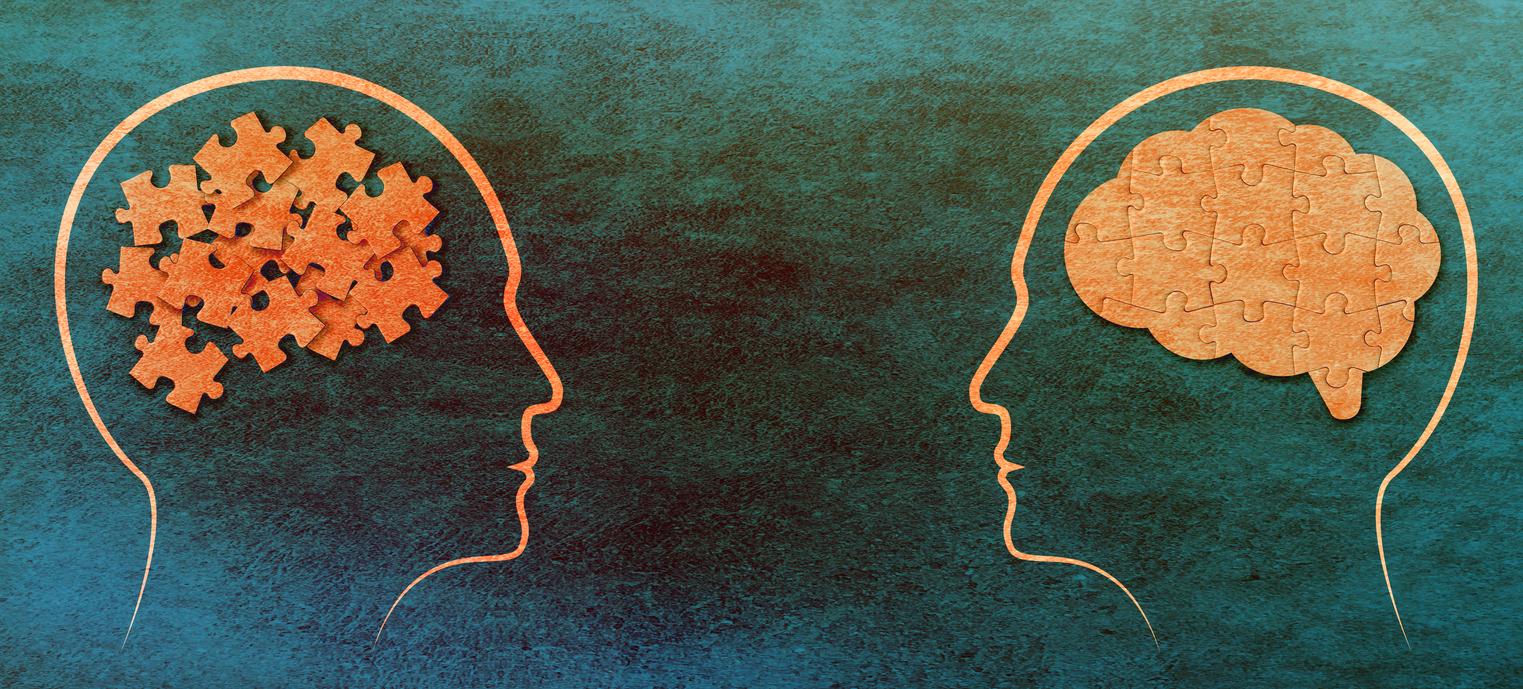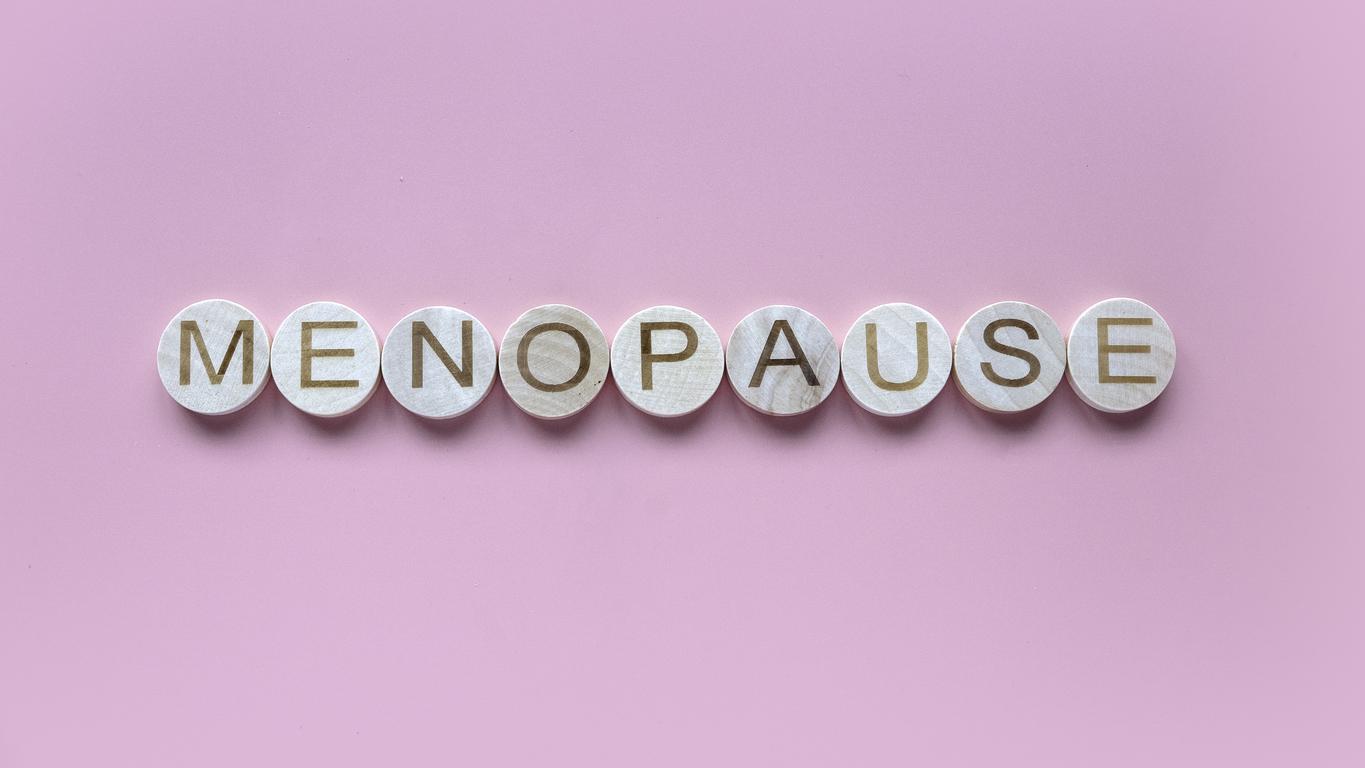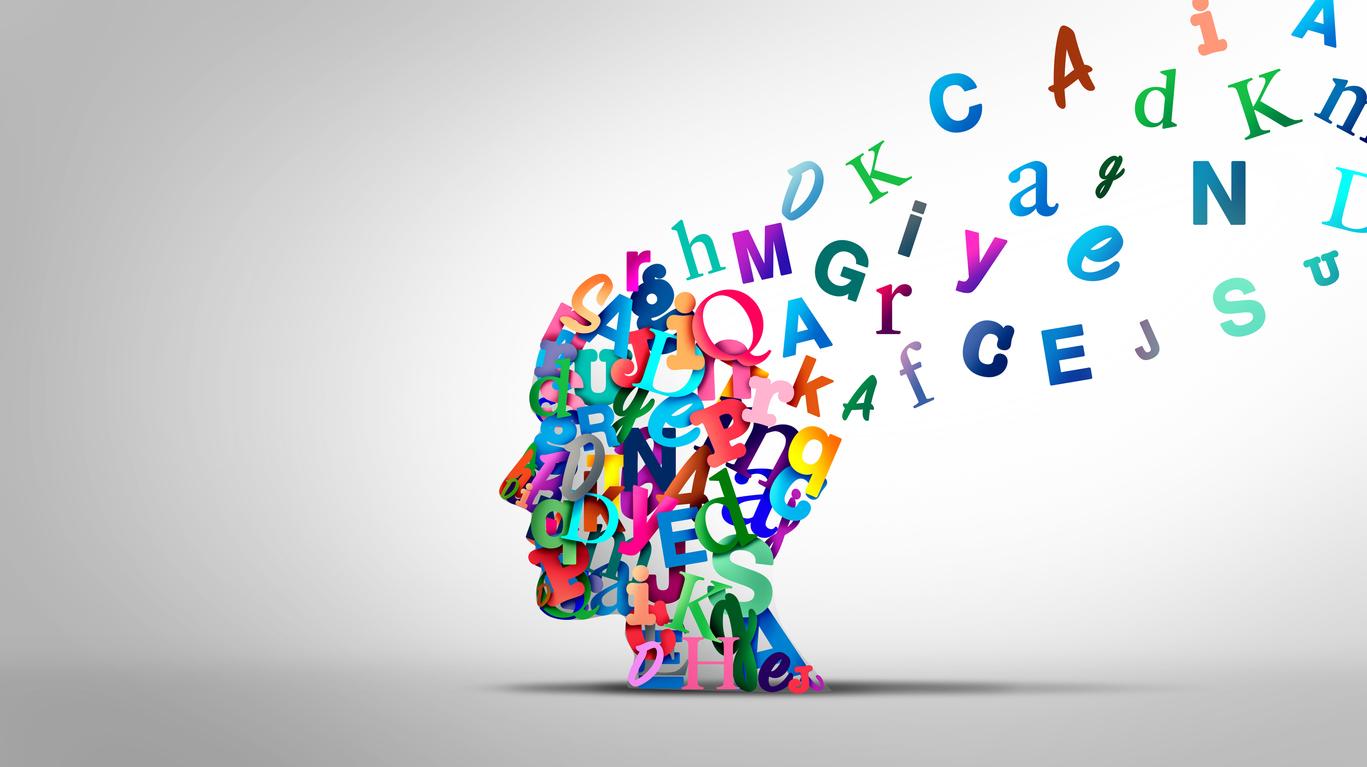A few days before the start of the Six Nations tournament, a rugby competition in XV, a study reveals that it is mood disorders, and not concussion, which increases the risk of cognitive disorders later among athletes.

- In a study, athletes who have undergone more than five brain concussions report subjective cognitive problems and significantly greater depressive symptoms than other groups, but no difference was found in objective cognition.
- Mood disorders, including depression and anxiety, are the main predictive factors of subjective cognitive disorders, regardless of the background of concussion.
- The results underline the importance of taking into account the symptoms of mood during the assessment of the link between the history of concussion and cognition in the former sportsmen.
Rugby, American football, ice hockey, skiing … These sports that involve collisions are the source of the highest brain concussion rates. In a recent study, researchers from the Southwest Medical School of the University of Texas wanted to examine the link between the history of concussions, cognition and mood in former university athletes in the middle or The end of adulthood. For the needs of the work, published in the journal The Clinical Neuropsychologistthe latter recruited 407 former academic athletes over the age of 50. The participants expressed their history of concussion, underwent cognitive tests and gave details on mood -related symptoms (anxiety, depression) and memory disorders.
Depression, anxiety: mood disorders are the predictive factors of subjective cognitive disorders
According to the results, volunteers who have undergone five or more brain concresses reported higher levels of depressive symptoms and more important subjective cognitive problems than other groups. However, the tests have not revealed any significant difference in the cognitive functioning between the groups. “The a history of concussion and the emotional symptoms explained 29 % respectively and 15 % of the variance of subjective and objective cognition. The number of concussion is at the origin of a single variance of subjective cognition, but is not Not significantly associated when mood symptoms are added. Can we read in research. Thus, athletes who have undergone concussion and with depressive symptoms were more likely to perceive memory or attention disorders, which indicates that their concerns have a psychological rather than neurological origin.

Treat mood disorders rather than focus on concussions
According to the authors, these data question the preconceived ideas on the brain health of aging athletes and underline the possibility of acting on mental health to improve the quality of life and reduce cognitive disorders. They “Underline the need to give priority to the assessment of mood disorders and the intervention in the management of long -term effects of concussion in the old sportsmen.” The team believes that future research should explore other factors influencing brain health, including medical history, social determinants and resilience.
















